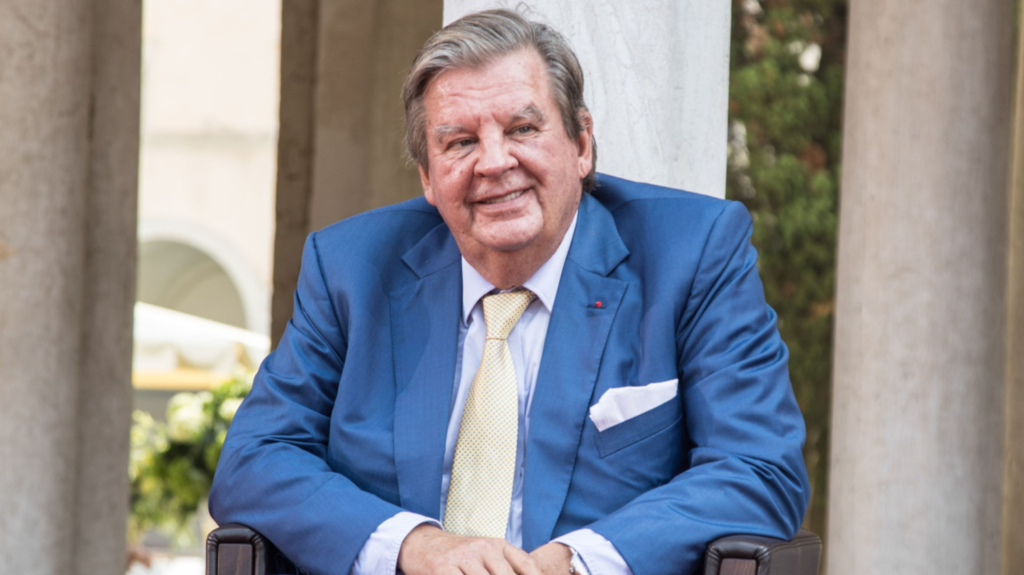Johan Rupert, the South African billionaire and chairman of Richemont, the luxury goods conglomerate, has reclaimed his title as Africa’s richest man.
This comes after Aliko Dangote, the Nigerian industrialist and owner of the Dangote Group, saw his net worth decline by over $1 billion.
According to the latest data from the Bloomberg Billionaires Index, Rupert’s net worth now stands at $14.3 billion, surpassing Dangote’s $13.4 billion. Year-to-date, Rupert has gained $1.87 billion, while Dangote has lost approximately $1.69 billion.
Dangote’s losses are largely attributable to Nigeria’s challenging macroeconomic environment, where his conglomerate primarily operates.
The Dangote Group, which has faced setbacks at its refinery due to production delays and other industrial issues, has been further impacted by the Nigerian naira’s steep depreciation.
Two weeks ago, Bloomberg ranked Dangote as the 145th richest person globally, but he has since dropped to the 160th position.
What to know
Last year, Rupert was named Africa’s richest man by Forbes after the Nigerian naira experienced significant devaluation and a shift to a free-floating exchange rate. This currency turmoil severely impacted Dangote, whose wealth is heavily tied to naira-denominated assets.
The naira has lost over 43% of its value this year alone, making it one of the worst-performing currencies in Africa. Since President Bola Tinubu took office and partially lifted fuel subsidies while relaxing currency controls to attract foreign investment, the naira has depreciated by about 70%. This has significantly affected Dangote’s net asset value, given his exposure to the local currency.
Dangote Industries Limited (DIL) reported a substantial foreign exchange loss of $1.07 billion in 2023. In addition to existing supply chain issues at its Nigerian refinery, the company has also suffered from a recent downgrade by Fitch Ratings. Despite these challenges, the Dangote Group has ambitious plans to generate roughly $30 billion in revenue by 2025, focusing on expanding its influence in the foreign exchange market.
Aliko Dangote outlined a strategic pivot for the group, including reducing its reliance on the Central Bank of Nigeria for currency supply and diversifying its revenue streams.
He has also revealed plans to decrease his stake in the cement business from 75% to 15% and to balance the group’s earnings with a 50% contribution from foreign sources.
By 2025, the Dangote Group aims for 90% of its revenue to come from foreign exchange earnings, underscoring its commitment to international expansion amidst Nigeria’s ongoing economic volatility.
This article was originally published by a nairametrics.com . Read the Original article here. .






